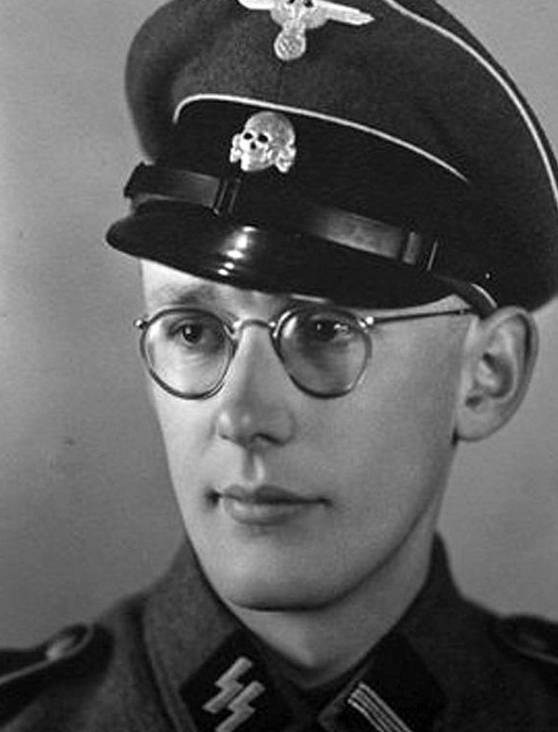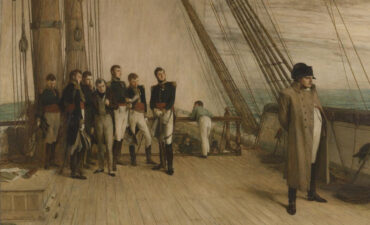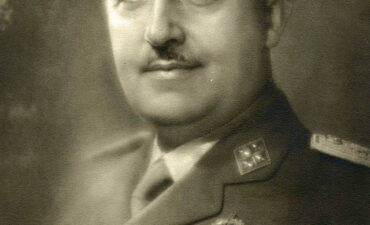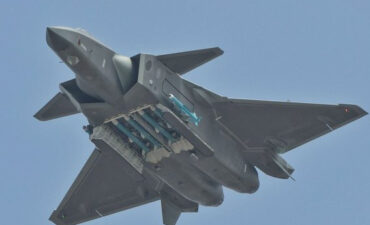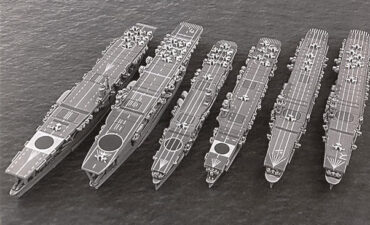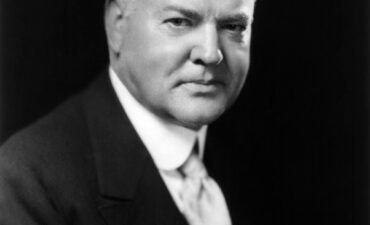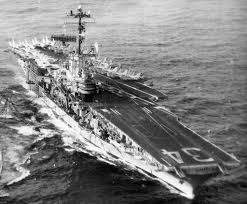Can you explain the role of an SS officer during World War II and how it differed from other German officers? During World War II, the SS (Schutzstaffel) played a significant role in Nazi Germany, particularly in its military and paramilitary functions. The SS officers had several distinctive roles and characteristics that set them apart from other German officers:
Ideological Commitment:
The SS was deeply imbued with Nazi ideology, particularly the belief in the superiority of the Aryan race and the necessity of eliminating perceived threats to it, such as Jews, Slavs, Roma, and others deemed undesirable by the regime. SS officers were often chosen for their unwavering loyalty to Adolf Hitler and the Nazi cause.
Paramilitary and Security Functions:
While the regular German Army (Wehrmacht) was responsible for conventional military operations, the SS had a broader range of responsibilities. It controlled several paramilitary organizations such as the Waffen-SS (armed SS), which fought alongside the Wehrmacht on the front lines, as well as the Einsatzgruppen, which were mobile killing squads responsible for mass murders, particularly in the occupied territories of Eastern Europe.
Political Policing and Intelligence:
The SS had extensive control over internal security and intelligence operations within Nazi Germany. The organization included the Gestapo (secret state police), which ruthlessly suppressed dissent and opposition to the regime, and the Sicherheitsdienst (SD), which was the intelligence agency of the SS and played a key role in gathering information, monitoring political opponents, and implementing Nazi racial policies.
Leadership and Influence:
SS officers held significant power and influence within the Nazi hierarchy. High-ranking SS officers such as Heinrich Himmler, Reinhard Heydrich, and Adolf Eichmann wielded immense authority and were directly involved in shaping Nazi policies, particularly those related to racial purity and the Holocaust.
Racial Ideology and Atrocities:
One of the most infamous aspects of the SS’s role during World War II was its central involvement in the Holocaust and other atrocities committed by the Nazi regime. SS officers were instrumental in the planning and execution of the genocide of six million Jews, as well as millions of others deemed racially or politically undesirable by the Nazis.
In summary, SS officers during World War II were deeply committed to Nazi ideology, held significant power and influence within the regime, and were involved in a wide range of military, paramilitary, security, and intelligence operations, including some of the most egregious atrocities of the war. Their role differed significantly from that of other German officers in terms of both their ideological fervor and the scope of their responsibilities.
